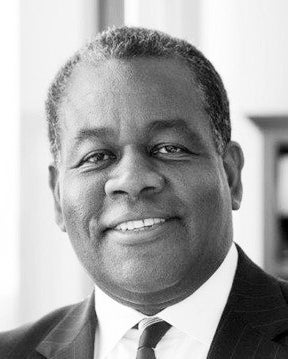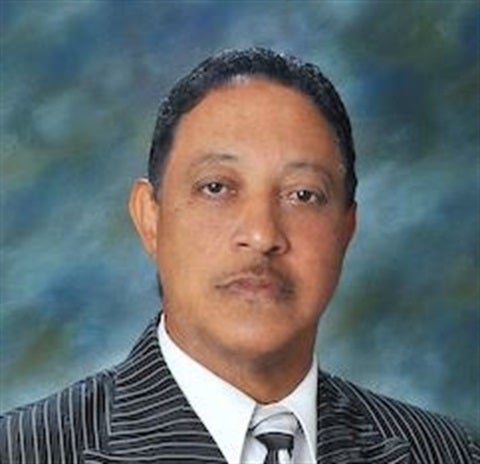LETTER TO THE EDITOR
Published 12:00 am Wednesday, February 24, 2021
|
Getting your Trinity Audio player ready...
|
Dear Editor,
A number of publications in the state ran a piece recently using a quote from President Biden that made an off-handed reference to “Cancer Alley” in Louisiana. Where the President got the information or how he decided it was worth mentioning in his speech is something I do not know. But what I can say, unequivocally, is that the notion of industrial production creating a “Cancer Alley” in Louisiana is false.
For many years, headlines have tried to link Louisiana’s poor health rankings to the state’s Industrial Corridor, an area of the lower Mississippi River that is home to the state’s strong chemical, refining and manufacturing economy. This insinuation has gone on for so long and become so ingrained in the fabric of Louisiana’s news media that the area has become routinely, and incorrectly, called “Cancer Alley.”
Environmental activist groups claim those who live in the parishes in Louisiana’s Industrial Corridor are more likely to develop cancer and other health-related issues than the rest of the state. But is it really true? Decades of data compiled by the Louisiana Tumor Registry (LTR) – a statewide registry of cancer incidences administered by LSU’s School of Public Health – shows there is no “Cancer Alley.”
Louisiana faces many health challenges as a state, including higher cancer incidence compared to the rest of the country. But it isn’t related to industrial activity. In fact, rates of cancer in the Industrial Corridor on the whole are even with or below those in the rest of the state. The science is clear: The “Cancer Alley” moniker is unwarranted.
Further, the 2020 “County Health Rankings and Roadmaps” report from the Robert Wood Johnson Foundation found parishes in the Industrial Corridor have some of the best overall health outcomes compared to the rest of the state.
So, why are Louisiana’s cancer rates higher, and what can we do about them?
According to federal health data, a long list of lifestyle and family history factors influence whether or not a person is at risk for cancer. Environmental exposure ranks near the bottom of that list. In every measure of contributing risk factors – things like smoking, obesity, physical inactivity and access to healthcare – Louisiana largely ranks worse than the national average.
Let’s work together to find sustainable solutions that do not devastate Louisiana’s economy. Industry’s contribution to the state is undeniable: it contributes 26 percent of the state’s income, employs one in every seven persons and pays for at least four of every 10 public school teachers.
We have been listening to the governor’s COVID-19 Health Equity Task Force and we agree with its findings – more must be done to ensure healthcare access and accurate information for all Louisiana residents. It’s past time to stop talking about a fictional “Cancer Alley” and instead work to address the real challenges we face as a state. We want all Louisiana communities to be healthy and prosperous. Anything we can do to achieve that together is a win for everyone.
Greg Bowser
Louisiana Chemical Association
President and CEO





